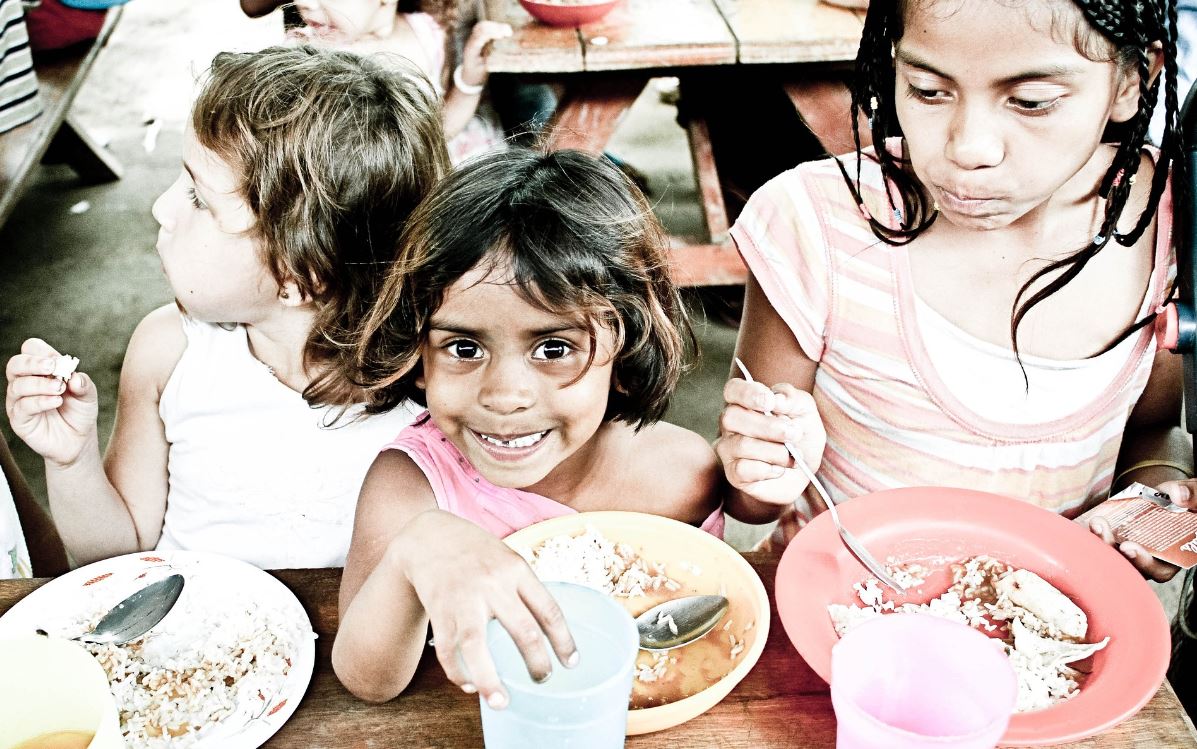
Poverty persists in Australia with younger demographics – including children, young adults and working families – bearing the brunt of the unequal distribution of resources in Australia.
During Anti-Poverty Week (16-22 October), new research from the Centre for Social Impact at Flinders University focuses on the lack of public support for policy reform and why we see so little progress in addressing poverty.
“Poverty in a country as rich as Australia is not inevitable or necessary,” says Flinders CSI research fellow Dr Veronica Coram.
“It arises from the deeply unequal distribution of resources, which in turn is driven by government policy, especially tax and welfare policy.
Dr Coram’s latest paper sheds light on the relationship between policy and poverty, showing how policy settings mean some groups in society get a big share of the pie while other groups go (“sometimes literally”) hungry.
“A lack of public support for policy reform, underpinned by particular views around who deserves the most pie, is one reason why we see so little progress towards addressing poverty.

“People in society may also assume poverty is simply an unfortunate fact of life, but we should not accept that one in six Australian children – and over 40% of those in sole parent families – live in poverty when this situation is easily fixed.”
“It doesn’t have to be this way,” Dr Coram says.
“Many people were temporarily lifted out of poverty by the Australian Government’s short-term income support supplements during the early phase of COVID-19 (though once again families with children benefited to a lesser degree than some other groups).
“In a democratic society, governments respond, at least to some degree, to public views.”
A recent ACOSS report on poverty in Australia shows children have a higher rate of poverty than other age groups.
“Australian children live in poverty largely because their parents are on very low income support payments, including Jobseeker, despite often having significant barriers to workforce participation, with caring responsibilities being an obvious example),” she says.
Older people on income support, namely the Age Pension, are more protected from poverty, especially if they own their home, because their payments are much higher and come with a range of other entitlements.
This year marks the 20th anniversary of Anti-Poverty Week, with this year’s event focusing on making sure all Australian children and families can cover the basics and have a secure roof over their head.
Older Australians on income support, namely the Age Pension, are more protected from poverty, especially if they own their home, because their payments are much higher and come with a range of other entitlements.
In contrast, a National Union of Students report highlights young adults who rely on Youth Allowance, or are ineligible for any income support at all, while studying or looking for work also experience high poverty rates.
“It is not uncommon for young adults to report having to stay in abusive family situations because they are deemed ineligible for income support,” Dr Coram says.
“Similarly, Anne Summers’ report The Choice shows how some women remain in violent relationships because the alternative is subjecting themselves and their children to long-term ‘policy-induced poverty’, which often becomes intergenerational.”
The recent CSI research seeks to understand why the Australian community tolerates government policies that keep so many children, young people and families in poverty.
“If enough voices are raised in support of change, including at the ballot box, policy reform will follow and poverty can become a thing of the past in Australia.”
Coram, V. (2022) Perceptions of intergenerational inequality in policymaking and possible responses: The case of Australia, Youth, 2(4), 515-525; https://doi.org/10.3390/youth2040037.

